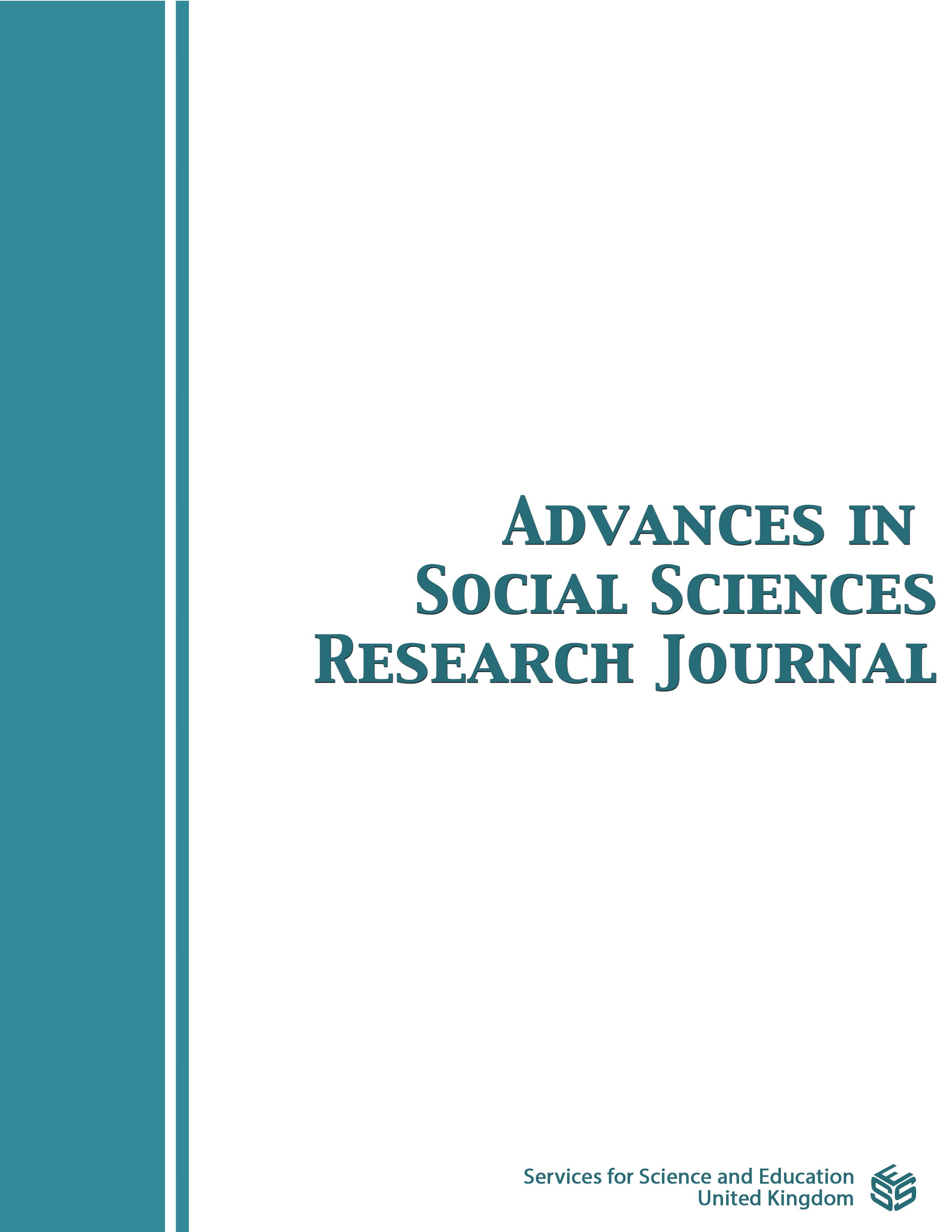How has Globalisation Contributed to the Development of the Arab Countries Concept of Human Rights?
DOI:
https://doi.org/10.14738/assrj.912.13583Abstract
"Human rights emanate from a European, Judeo-Christian, and/or Enlightenment heritage (typically labelled Western) and cannot be enjoyed by other cultures that don’t emulate the conditions and values of "Western" societies." (Shaheed and Richter, 201). According to this perception, the term "human rights" is seen to be fundamentally a set of Western values. This study seeks to question this assertion by investigating the origins of rights in both secular and religious societies. It is proposed to examine if human rights are truly a product of the Judeo-Christian Enlightenment that should be enforced onto those countries who do not, on the face, appear to share such human values. While universality and globalisation may be justified and beneficial to international trade and economic growth, their suitability for what can be seen as a colonialism of ideas and values is at the very least questionable (Mikander, 2016). This paper does not propose a judgement on the value of source, be it human or divine, but simply suggests that entry to the global political, economic and trading markets imposes an obligation on Islamic states to adopt United Nations standards. Thus, the purpose of this paper is to investigate how globalisation has affected the spread of Western values and to what extent it can be argued that this is a new form of neo-Western colonialism carried out through trade, wealth, and the promise of a brighter economic future for developing countries.
Downloads
Published
How to Cite
Issue
Section
License
Copyright (c) 2022 Abdullah Almuqren

This work is licensed under a Creative Commons Attribution 4.0 International License.
Authors wishing to include figures, tables, or text passages that have already been published elsewhere are required to obtain permission from the copyright owner(s) for both the print and online format and to include evidence that such permission has been granted when submitting their papers. Any material received without such evidence will be assumed to originate from the authors.






